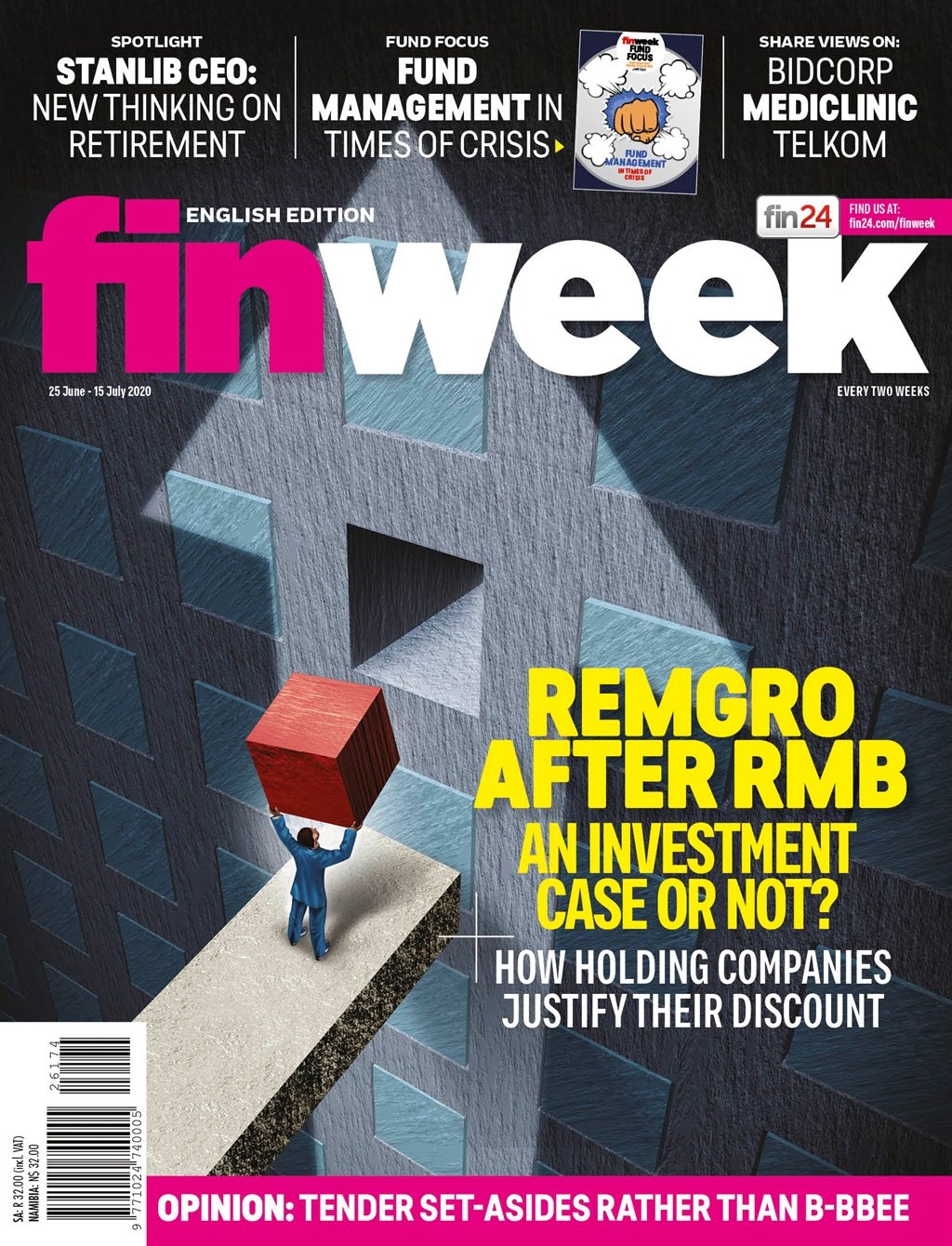
What is capitalism? If defined as access to rapid and reliable information, Johan Fourie sees three reasons to be optimistic and three areas of concern for South Africa.
Capitalism has been misunderstood since it was coined in the 19th century. The term was first used as a criticism of the rising income gap between factory workers and factory owners. But until the early 20th century, it was rarely used; Karl Marx only mentioned the word a few times in his later writings. In 1908, economist Thorsten Veblen explained it as a socialist term for a "large-scale industrial regime", not exactly the description we would use today.
The term evolved during the 20th century to mean many things to many people. If I were to ask my undergraduate economic history class for a proper definition, I’d get as many answers as there are students. Some would define it as French socialist Louis Blanc did in 1850: Capitalism, he said, “is the mortal enemy”. But most would, hopefully, define it as Wikipedia does: an economic system based on private ownership and the profit motive.
But is that really what it is? We don’t think of 14th century Mali, 11th century China, 9th century France, the 6th century Mayan Empire or the Romans in the first century of the Gregorian calendar, or, for that matter, the ancient Sumerians who lived 6 000 years ago, as being particularly capitalist.
Yet, there is substantial new evidence to show that private property and the profit motive existed in almost all of these civilisations. Just consider two stories familiar to many of us: In Genesis (around1500 BCE), Joseph, the son of Jacob, is sold by his brothers to Medianite traders. 1 500 years later, Jesus expelled the merchants and money chargers from the Temple. I can imagine that these traders, merchants and money chargers had ownership rights to their goods and the intention to make a profit. So was ancient Israel capitalist? Few would subscribe to that interpretation.
What, then, is capitalism? In The Information Nexus, historian Steven Marks suggests that capitalism is about access to information.
He explains: “It is precisely because the information available is imperfect that they strive to gather as much as they can: the more of it they have and the faster they get it, the better able they are to make decisions that help them earn a profit and best their competitors. For a company, information acquisition entails a reduction of transaction costs, uncertainties, and risks, and with that an enhancement of opportunities.”
Capitalism as we think of it today emerged in north-western Europe around the 17th century. New scientific inventions like the printing press and, later, the telegraph made the collection and speedy transfer of information possible. But it wasn’t enough to just invent these things; the Chinese had invented the printing press much earlier. European societies also established political regimes, perhaps because of competition with stronger neighbours, that fostered a culture of openness and transparency, allowing entrepreneurs to benefit from the available information.
Innovations in the speed of information collection and transfer continued into the 20th century. Henry Ford's assembly line was the culmination of a long series of development related to information gathering in manufacturing. The study of management, marketing and distribution became scientific endeavours in the 20th century. The emergence of the corporate giant was not because of greater desire for profit – that had always been there. It was a consequence of these businesses' success in acquiring and analysing vast amounts of information. The computer and ICT revolution has further amplified this.
What does that mean for the 21st century – and South Africa in particular? If capitalism is defined as access to rapid and reliable information, I see three reasons to be optimistic and three areas of concern. Firstly, we have a free press, on par, according to the World Press Freedom Index, with countries like Canada, the UK and Australia. Secondly, we have a relatively transparent (if bloated) public service – SA Treasury came joint first (with New Zealand) in the 2019 Open Budget Index conducted by the International Budget Partnership. Thirdly, we have excellent scientists and universities relative to our income level. They are the key source of innovation in an era where data science and its applications will have profound effects on the way we do business.
But we can do better. SA remains an incredibly unequal society. While those of us who live and work in urban areas with access to fibre have the world at our fingertips, ordering our meals and masks online, many don’t. Access to medical advice, job opportunities, quality education, cheap finance and the many other things that require access to information are poor or non-existent in the former homelands. Fixing this will require substantial investments in fibre or equivalent technologies and regulatory progress in auctioning additional spectrum to operators that can service these markets.
Secondly, the commercial model of the press is under strain. In one respect, that’s good – what we traditionally had to pay for is now free at the click of a button. But a press not only provides information – it also exposes corruption, voices dissent and contributes to public debates that are essential to any democracy. There’s no simple solution here. Just as with any good or service, journalists should be tested against market forces – but a free press also provides substantial positive externalities that may justify alternative funding sources.
Thirdly, we can’t afford to miss the artificial intelligence (AI) revolution that has already begun. In May, China announced a $2tr infrastructure investment plan focusing on 5G infrastructure, AI trial zones, big data centres, industrial internet platforms, high-speed rail and electric vehicle charging infrastructure. If we want a thriving economy, one in which information processing, analysis and prediction give our entrepreneurs an edge over their competitors elsewhere, we’d better invest in these technologies sooner rather than later.




 Publications
Publications
 Partners
Partners












